The UK’s much-anticipated online safety bill has been put on hold, prompting relief in the tech industry, which has expressed concern about it in recent weeks.
The draft legislation is designed to force tech platforms such as Google, Facebook and Twitter to deal with harmful content on the internet, ranging from terrorist material and racist abuse, to threats of harm and psychologically distressing messages.
It would be one of the first acts to comprehensively regulate content on the internet, meaning it has been closely watched by regulators around the world from the EU to Australia, who are drafting their own versions of it.
Companies that fail to comply with the new restrictions could face fines of up to 10 per cent of their annual global turnover.
The legislation was set to be debated in parliament next week for its “report stage”, but this has been paused until at least early September when MPs return from their summer recess.
One government figure said the delay did not mean that the legislation would not end up on the statute book. The person said that parliamentary time had been cut because of an attempt by the opposition Labour party to force a motion of confidence in the government.
Alex Davies-Jones, Labour’s culture spokesperson, said the delay was an “absolutely devastating blow”.
However, technology companies will welcome the delay, after warning in recent weeks that new amendments were being rushed through without scrutiny, increasing the bill’s complexity and ambiguity. Ben McOwen Wilson, the head of YouTube UK, publicly urged MPs to “pause and think carefully” before adding amendments earlier this week.
In public submissions, companies including Google, Meta (which owns Facebook, Instagram and WhatsApp) and Twitter have all expressed alarm on a range of issues, including concerns for freedom of expression, extensive secretary of state powers and safety loopholes, including endangering encryption.
For instance, an amendment announced this month granted the regulator Ofcom the power to order tech companies to redesign their platforms and develop entirely new technologies to detect inappropriate material, or risk being fined.
TechUK, a trade group that counts Google, Twitter, Facebook and Apple among its members, said it still supported the need for online safety regulation. However, the current bill “lacks clarity and is overly complex”, said Antony Walker, techUK’s deputy chief executive. “Addressing these issues would improve the bill’s effectiveness and help to ensure that its objectives are properly balanced.”
Andy Burrows, of children’s charity NSPCC, expressed disappointment, arguing that technology companies had “allowed harm to fester” online. “This is another example of the Tories prioritising their own ideals over people’s safety online.”
Victoria Hewson, head of regulatory affairs at the Institute of Economic Affairs think-tank, said there was now an opportunity to reconsider some aspect of the bill.
“The bill not only raises serious free speech issues but has also become complex and unmanageable. The latest amendments have made this situation even worse,” she said.
“The bill should either be abandoned entirely or stripped back to what is absolutely necessary to protect the safety of the most vulnerable.”
The delay means the bill will not return to parliament before the replacement of Boris Johnson as prime minister, triggering further speculation about its fate.
Kemi Badenoch, one of the contenders in the Tory leadership race, has criticised the bill, saying that if she becomes prime minister she would “ensure the bill doesn’t over-reach”.


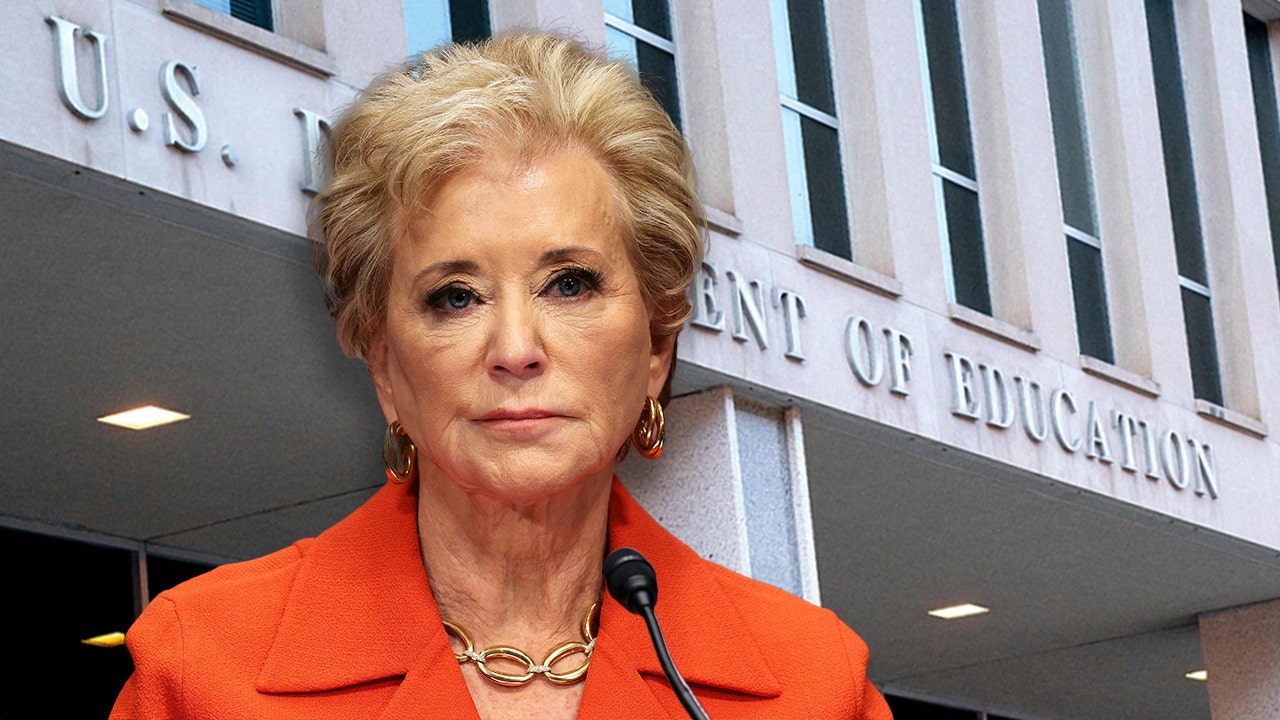


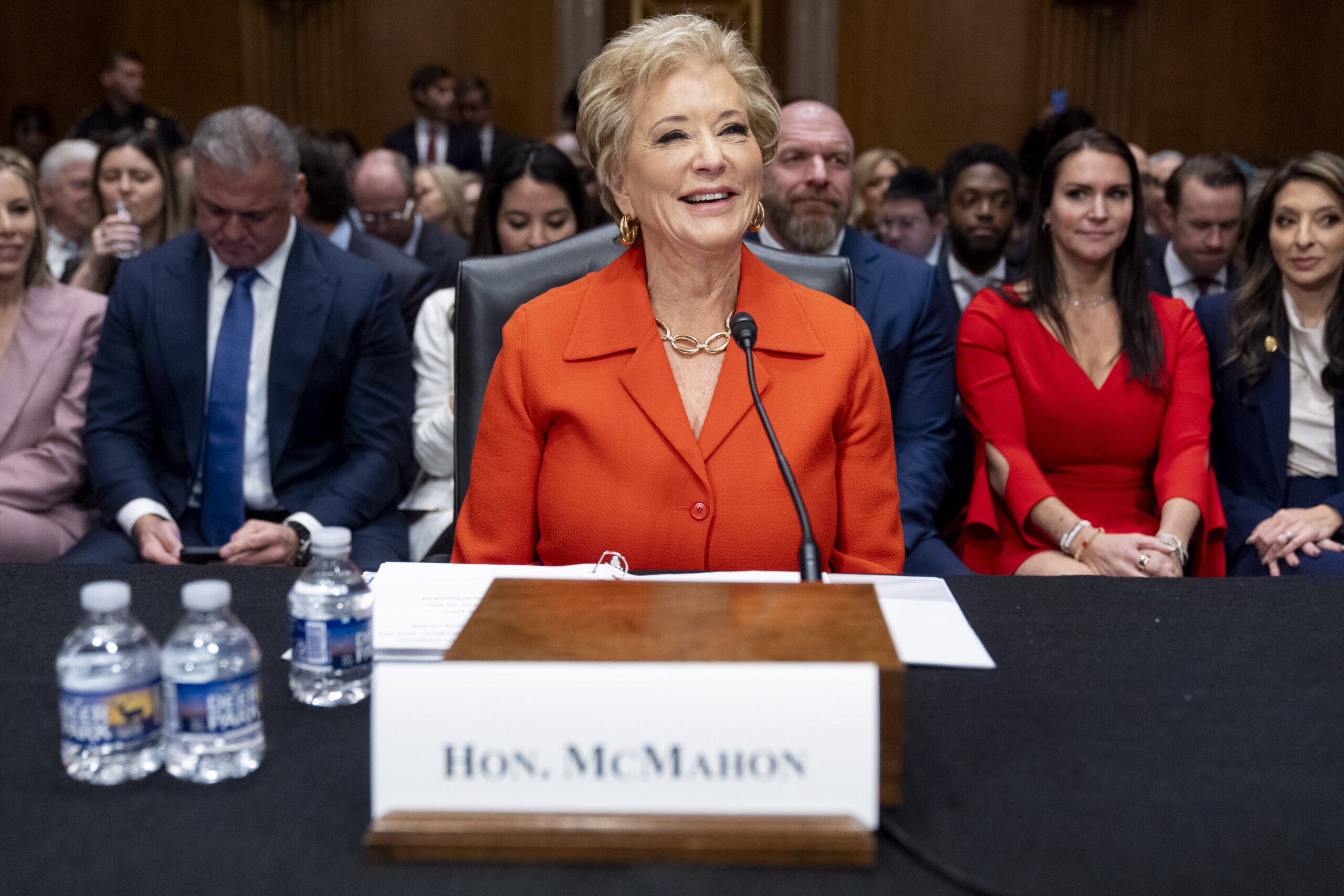


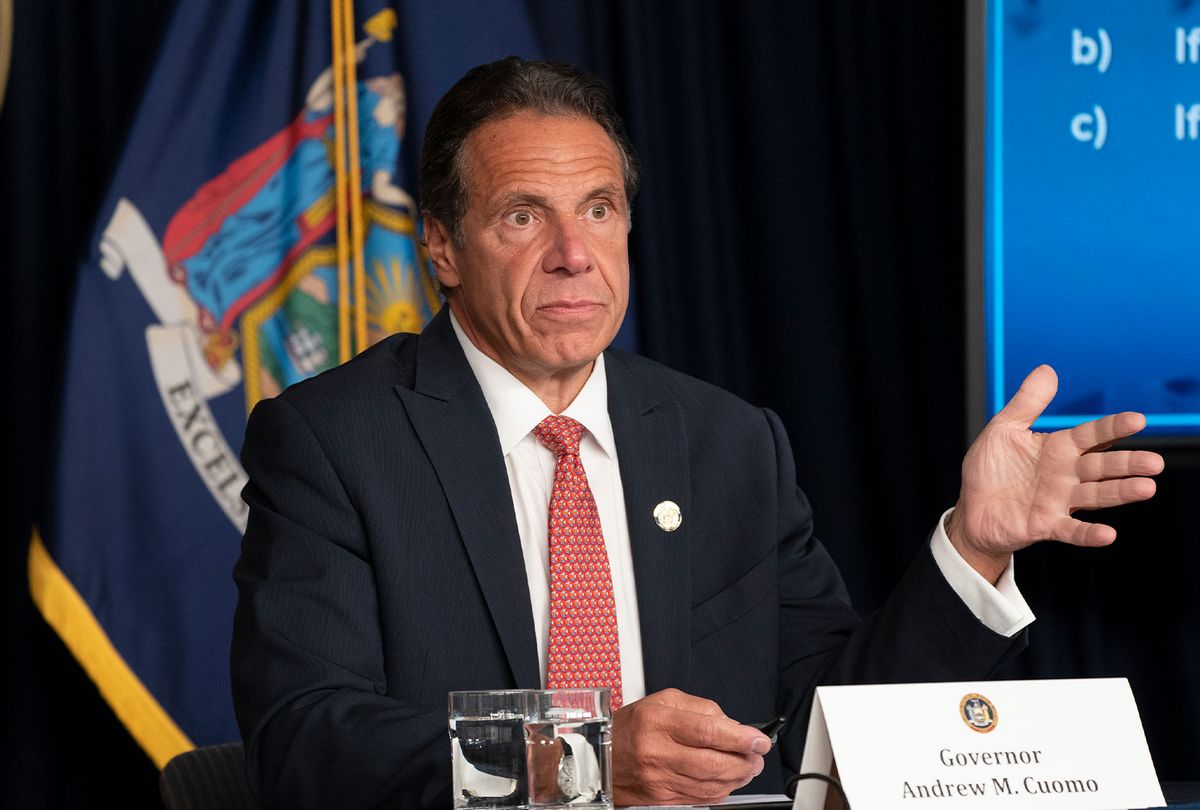







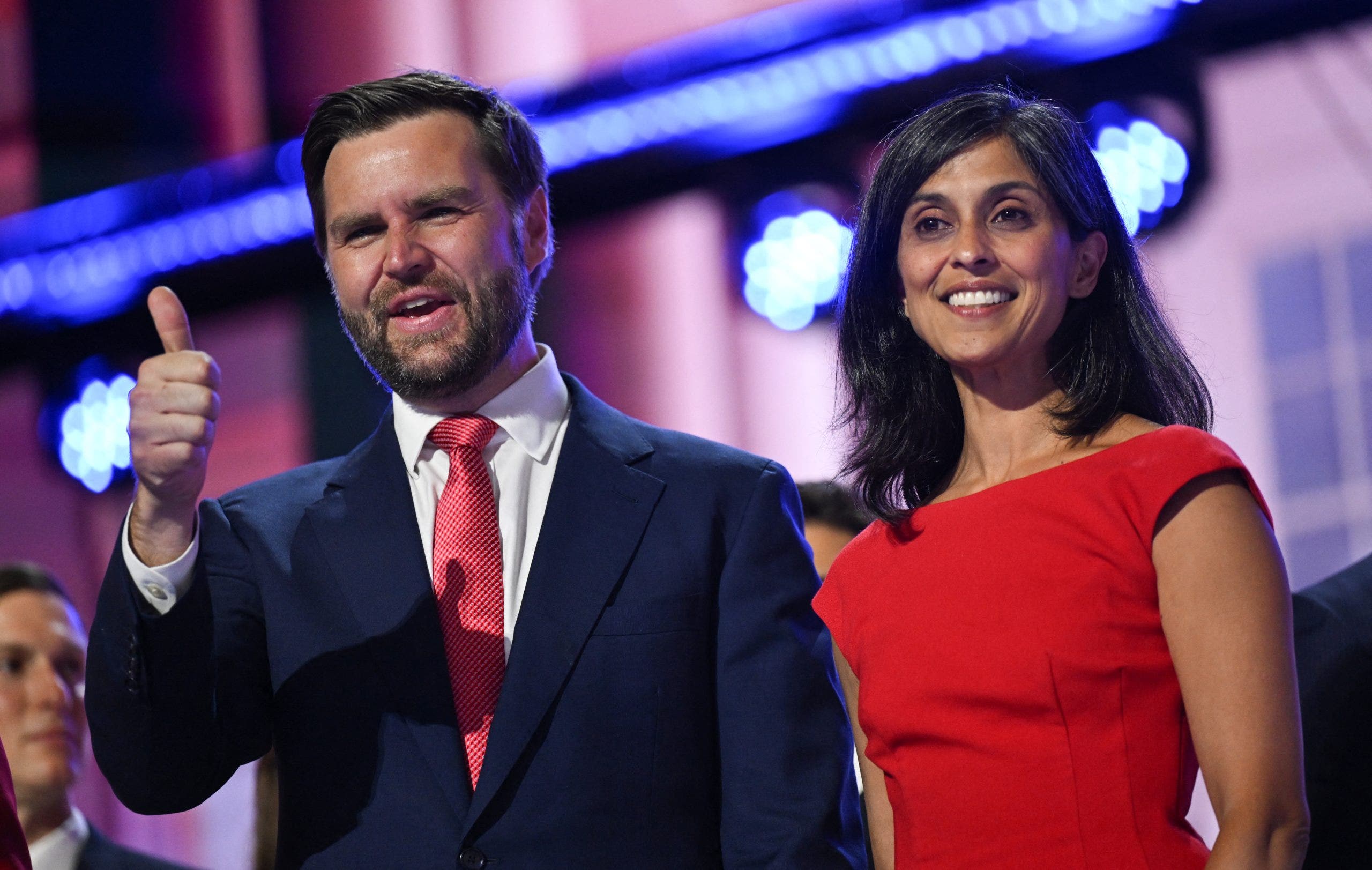

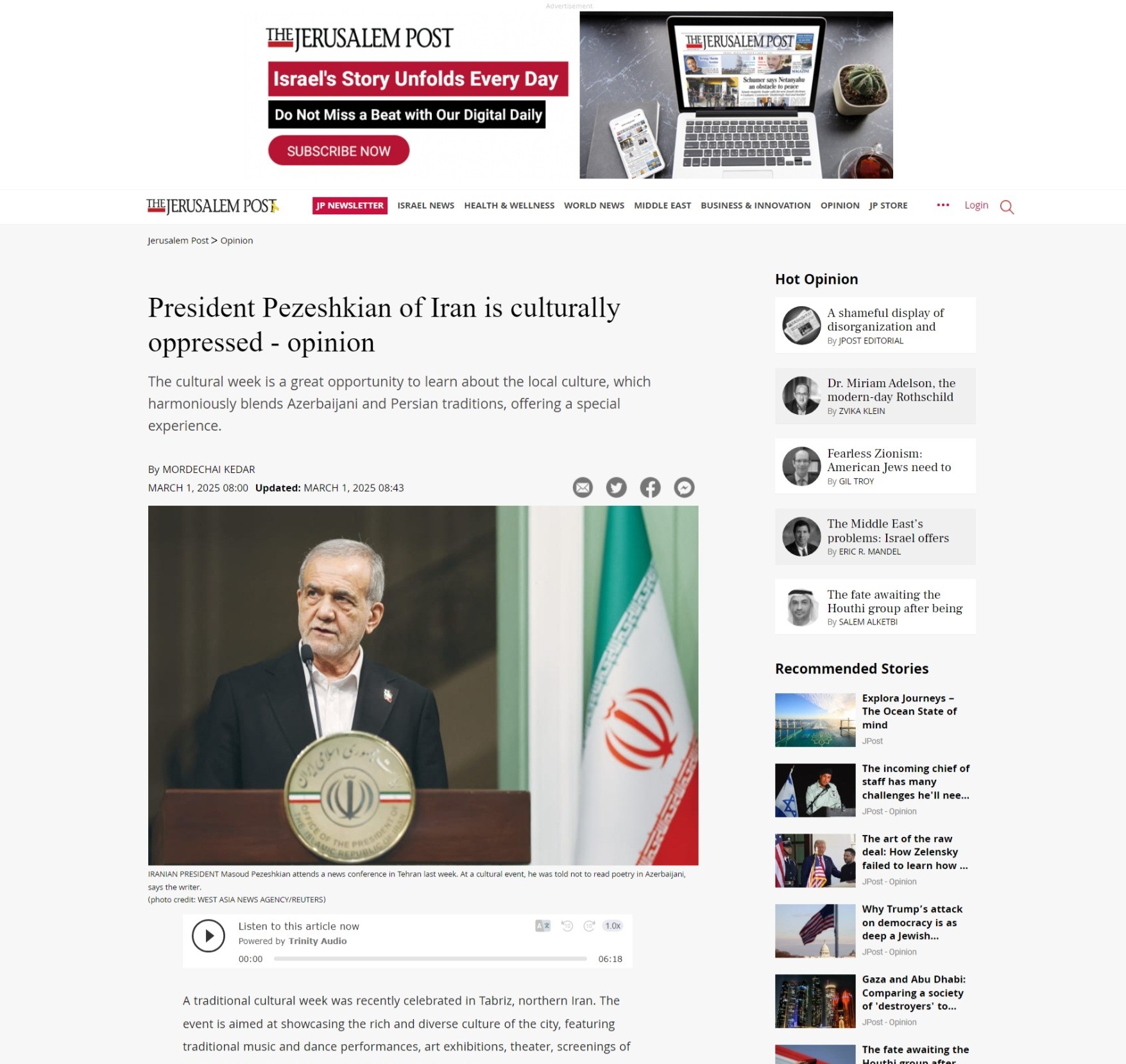


Discussion about this post